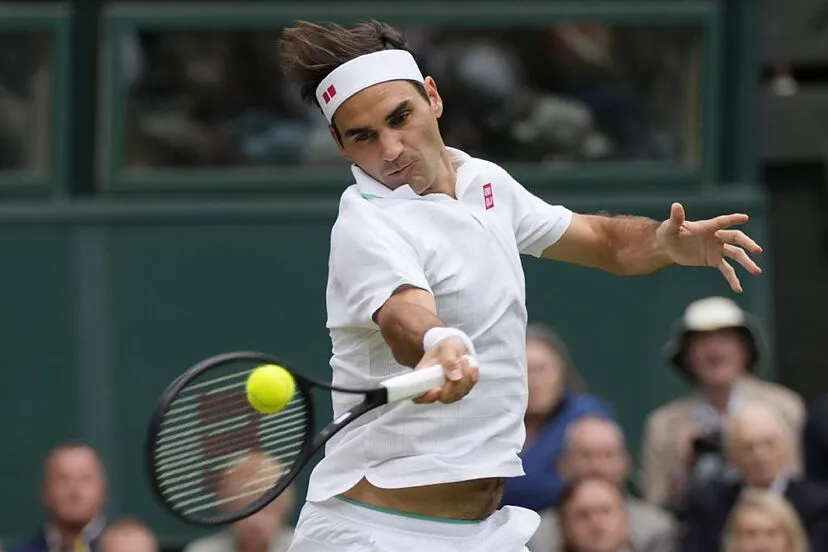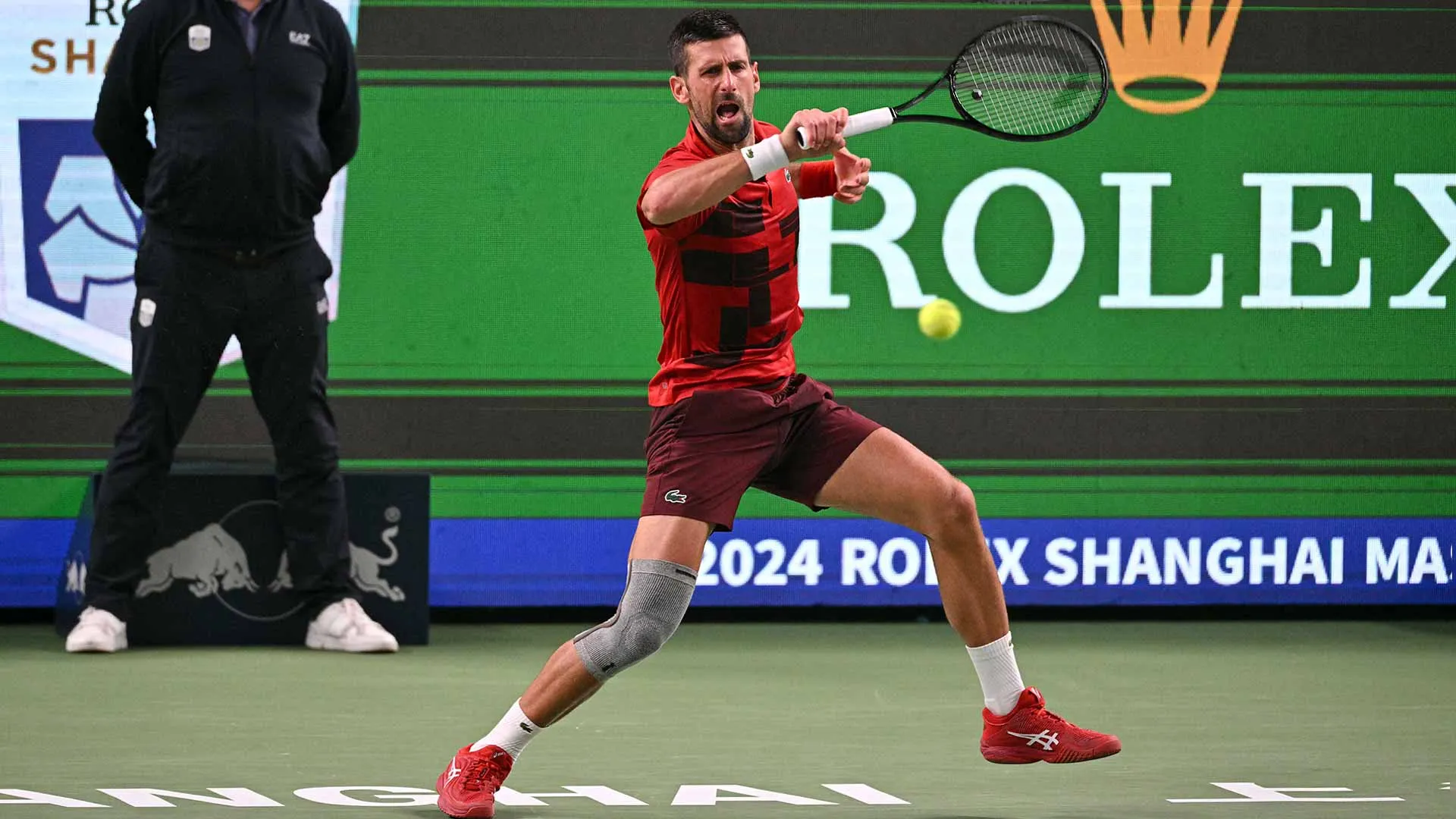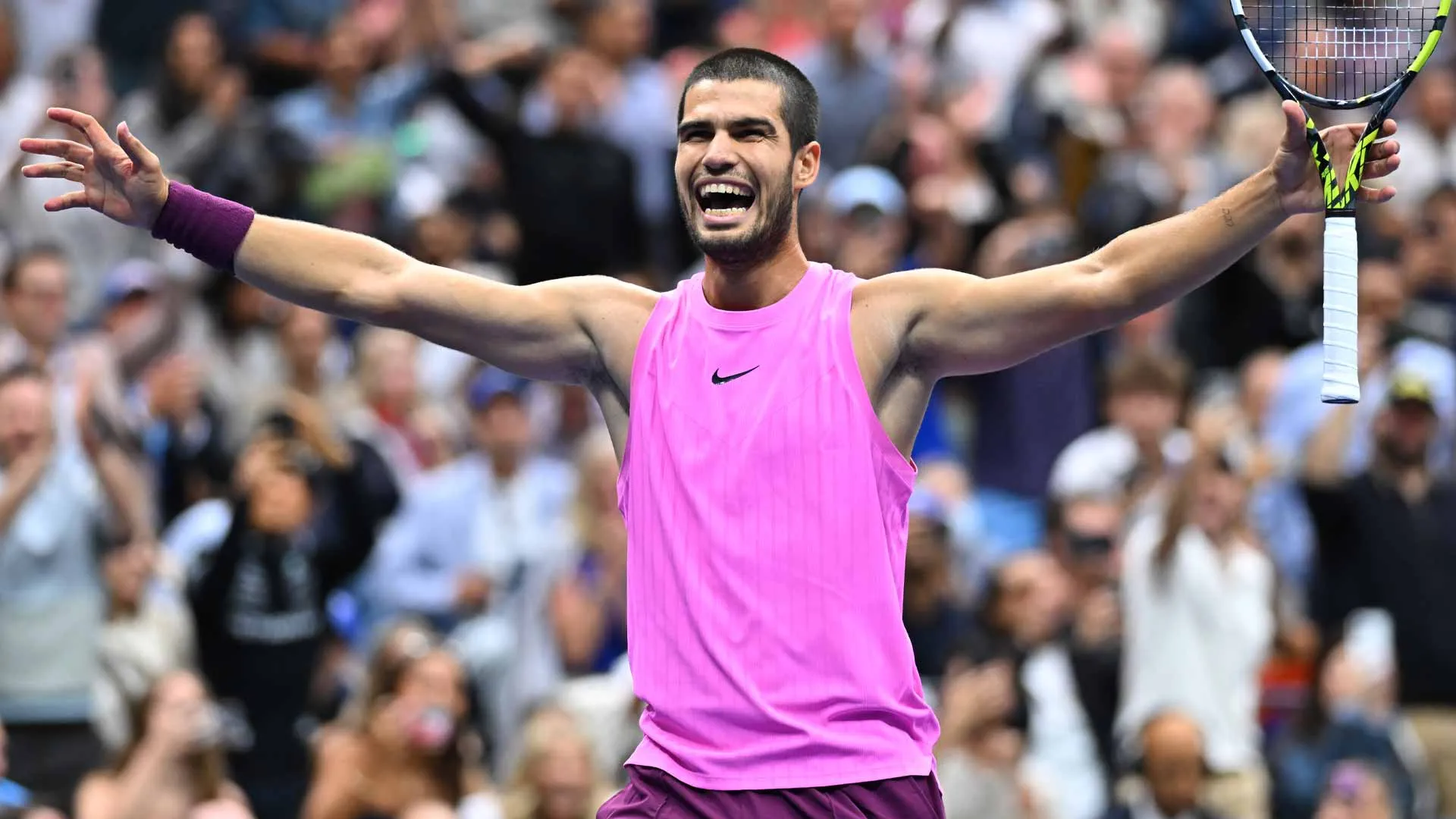
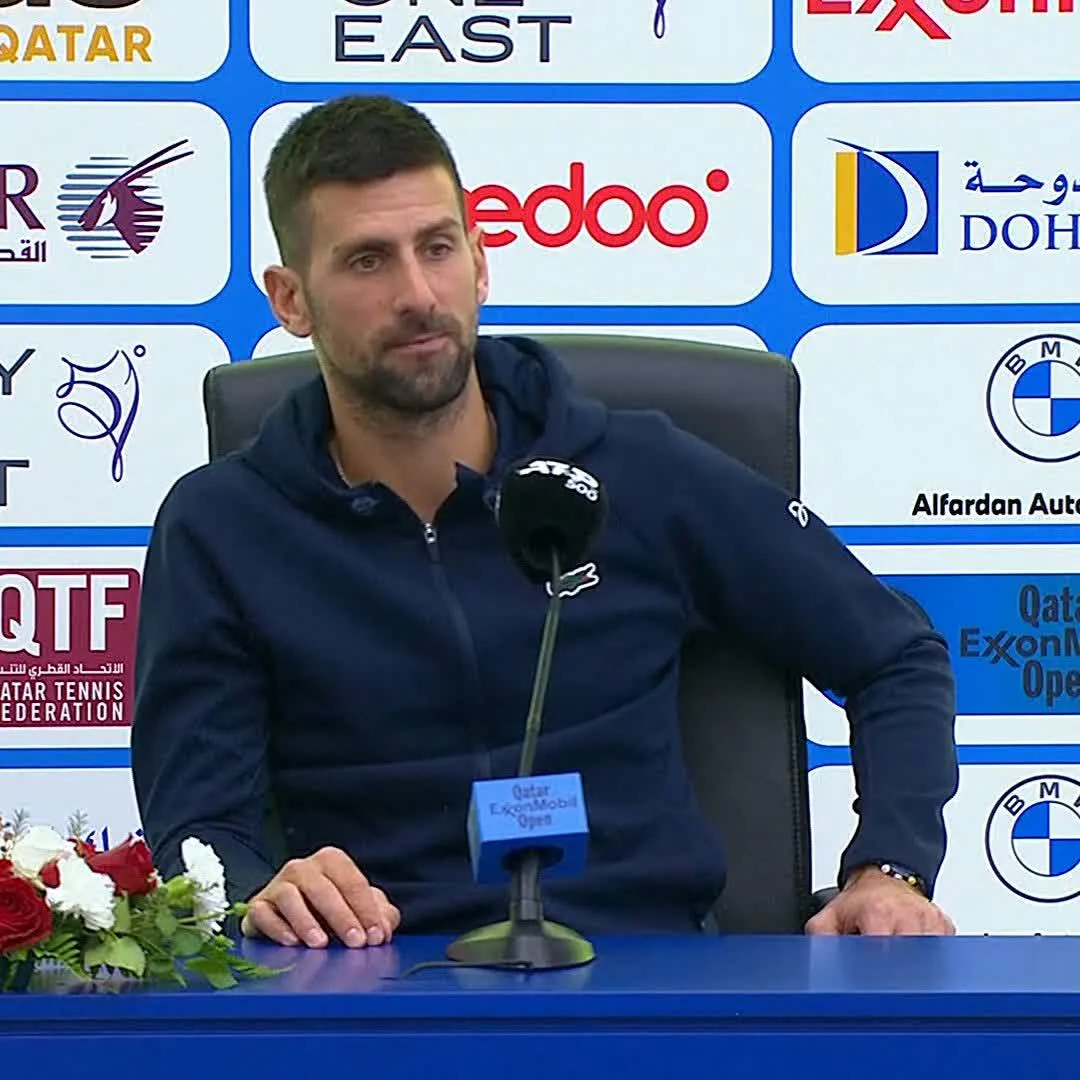
Novak Djokovic Shocks Fans by Skipping Serbia’s Davis Cup Battle — Chooses Greece Spotlight Instead
The Unexpected Decision That Rocked Tennis World
In a move that has left tennis enthusiasts and Serbian fans utterly bewildered, Novak Djokovic has made the controversial decision to skip Serbia’s crucial Davis Cup campaign, opting instead to participate in a high-profile exhibition match in Greece. This unprecedented choice has ignited fierce debates across the tennis community, with many questioning the priorities of the 24-time Grand Slam champion and his commitment to representing his homeland on the international stage.
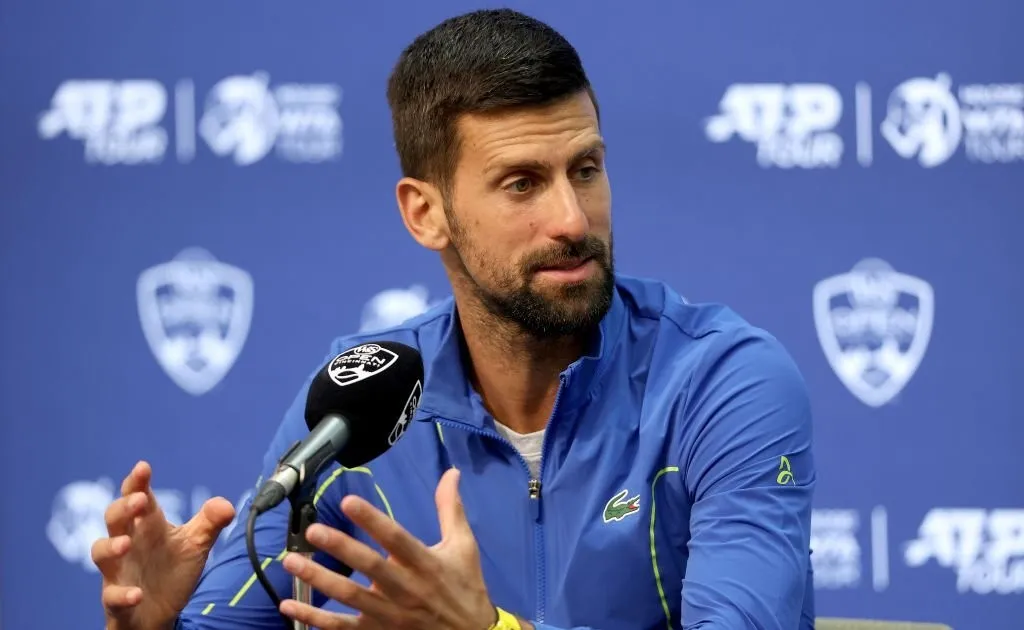
The Serbian tennis icon, who has long been regarded as one of the most patriotic athletes in professional sports, stunned the tennis world when his management team announced that he would be withdrawing from the Davis Cup squad just weeks before the crucial qualifying rounds. Instead of donning the Serbian colors and fighting alongside his compatriots, Djokovic has chosen to headline a lucrative exhibition event in Athens, leaving fans and former teammates struggling to comprehend this shocking turn of events.
The Timing Couldn’t Be Worse for Serbian Tennis
The timing of Djokovic’s withdrawal has particularly stung Serbian tennis supporters, as the national team was heavily relying on their biggest star to lead them through what many consider to be their most challenging Davis Cup campaign in recent years. Serbia’s tennis federation had been building their entire strategy around Djokovic’s participation, with team captain Viktor Troicki publicly expressing his confidence that the former world number one would be the cornerstone of their qualification efforts.
The Serbian Davis Cup team now finds itself in an incredibly precarious position, having to restructure their entire game plan without their most accomplished player. Young Serbian talents like Miomir Kecmanovic and Laslo Djere will now be thrust into the spotlight, expected to fill the enormous void left by Djokovic’s absence. The pressure on these emerging players has intensified dramatically, as they must now carry the hopes of an entire nation without the guidance and star power of their most celebrated compatriot.
Team officials have expressed their disappointment privately, though they maintain public support for Djokovic’s decision. The Serbian Tennis Federation released a carefully worded statement acknowledging their superstar’s choice while emphasizing their commitment to competing with the available squad members. However, sources close to the federation suggest that there is significant frustration behind closed doors regarding the timing and nature of Djokovic’s withdrawal.
Greece Exhibition: A Lucrative Alternative
The Greek exhibition match that has captured Djokovic’s attention is reportedly offering substantial financial compensation, far exceeding what he would receive for Davis Cup participation. The event, scheduled to take place at the prestigious Athens Olympic Tennis Centre, is being billed as a celebration of tennis excellence and promises to attract thousands of Greek tennis enthusiasts who rarely get the opportunity to witness world-class tennis in their homeland.
Djokovic’s decision to prioritize this Greek engagement over his national team duties has raised questions about the evolving priorities of modern tennis superstars. Critics argue that the financial incentives of exhibition matches are increasingly trumping the traditional honor and prestige associated with representing one’s country in official international competitions. This trend has become particularly pronounced in the post-pandemic tennis landscape, where players are seeking to maximize their earning potential during what many consider to be the twilight years of their careers.
The Greek tennis community has welcomed Djokovic’s participation with tremendous enthusiasm, viewing it as a historic opportunity to showcase their growing tennis infrastructure and passion for the sport. Greek tennis officials have worked tirelessly to organize this event, securing significant sponsorship deals and media coverage that will undoubtedly benefit the local tennis ecosystem for years to come.
Fan Reactions Range from Disappointment to Outrage
The reaction from Serbian tennis fans has been swift and overwhelmingly negative, with many expressing feelings of betrayal and abandonment on social media platforms. Long-time supporters who have followed Djokovic’s career from his early days are struggling to reconcile this decision with the image of the patriotic champion they have supported for decades. Serbian fan forums have been flooded with messages of disappointment, with some calling for a boycott of Djokovic’s future matches until he demonstrates renewed commitment to his national team obligations.
Former Serbian tennis professionals have also weighed in on the controversy, with several expressing their concerns about the message this sends to younger generations of Serbian athletes. Janko Tipsarevic, a former top-10 player and Djokovic’s longtime friend, diplomatically suggested that while he respects Novak’s right to make personal decisions, he hopes this doesn’t set a precedent for other Serbian athletes to prioritize financial opportunities over national representation.
The international tennis community has been more measured in their response, with many acknowledging that Davis Cup scheduling conflicts with lucrative exhibition opportunities have become an increasingly common dilemma for top players. However, the magnitude of Djokovic’s stature and his historical commitment to Serbian tennis has made this particular decision especially noteworthy and controversial.
Historical Context and Djokovic’s Davis Cup Legacy
Djokovic’s relationship with the Davis Cup has been complex throughout his illustrious career, marked by moments of triumph and periods of absence. He was instrumental in Serbia’s historic Davis Cup victory in 2010, when the nation claimed their first and only Davis Cup title by defeating France in the final. That victory remains one of the proudest moments in Serbian tennis history, with Djokovic serving as both the emotional and tactical leader of the team.
Throughout the years, Djokovic has periodically stepped away from Davis Cup competition to focus on his individual career and manage his physical workload. However, his returns to the national team have typically been met with great fanfare and have coincided with Serbia’s most successful campaigns. His ability to elevate the performance of his teammates and inspire the entire squad has been a defining characteristic of his Davis Cup appearances.
The current situation represents a departure from this pattern, as Serbia is facing a crucial period in their Davis Cup journey without their most experienced and successful player. The psychological impact of Djokovic’s absence on the remaining team members cannot be understated, as his presence alone often provided a significant competitive advantage and boost in confidence for the entire squad.
The Broader Implications for International Tennis
Djokovic’s decision reflects a broader trend in professional tennis where individual financial considerations are increasingly taking precedence over traditional team competitions. The Davis Cup format changes in recent years have already diminished the tournament’s prestige among some players, and high-profile withdrawals like Djokovic’s only serve to further weaken the competition’s appeal and relevance.
Tennis analysts suggest that this incident might prompt tennis governing bodies to reconsider how they structure and incentivize Davis Cup participation. The current system, which offers minimal financial compensation compared to exhibition matches and individual tournaments, is struggling to maintain its attractiveness for established superstars who can command significantly higher appearance fees in alternative events.
The Greek exhibition market and similar events around the world are becoming increasingly sophisticated in their ability to attract top talent, offering not just financial incentives but also reduced physical demands and more favorable scheduling arrangements. This evolution in the tennis exhibition landscape is fundamentally changing how players approach their annual calendars and priority decisions.
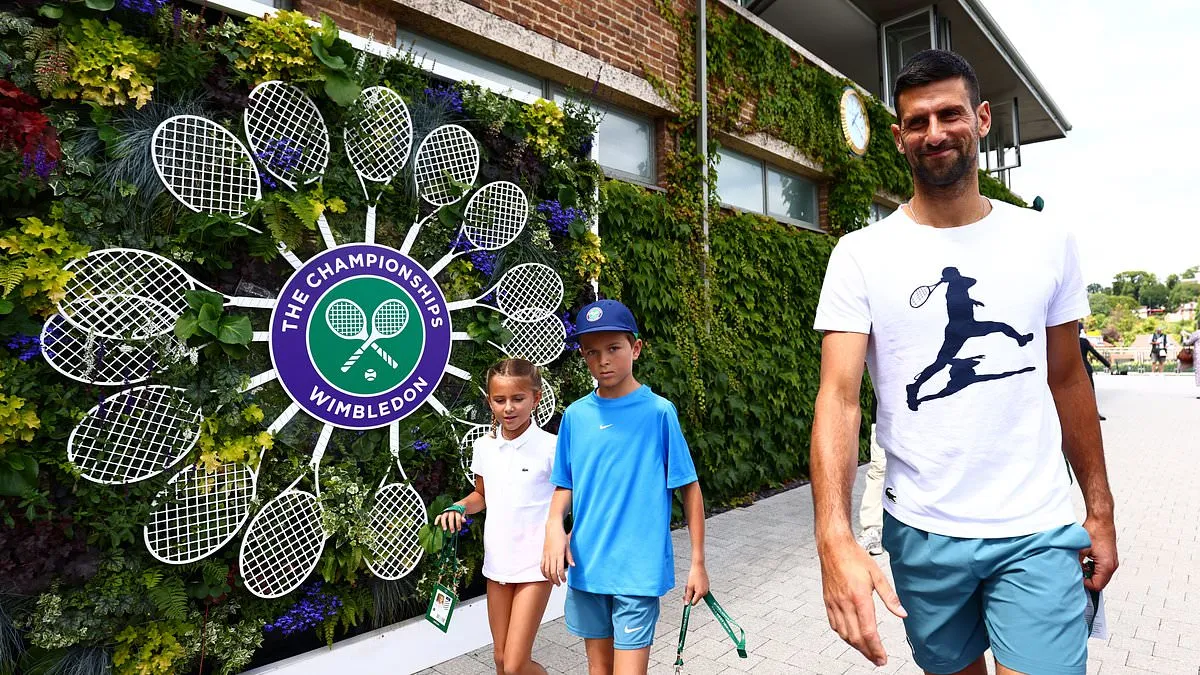
Looking Forward: Damage Control and Future Implications
As the tennis world continues to digest this unexpected development, both Serbian tennis authorities and Djokovic’s management team are likely working on damage control strategies to minimize the long-term impact on his legacy and relationship with his home country. The Greek exhibition will undoubtedly be scrutinized more intensely now, with every aspect of Djokovic’s performance and demeanor being analyzed for clues about his motivations and future intentions.
The success or failure of Serbia’s Davis Cup campaign without their star player will inevitably be viewed through the lens of Djokovic’s absence, regardless of the actual factors that determine the outcome. If Serbia struggles or fails to advance, Djokovic will undoubtedly face increased criticism for his decision to prioritize personal interests over national duty during a critical moment for Serbian tennis.
This controversy has opened up important conversations about the responsibilities of elite athletes to their national teams and the evolving nature of professional sports in an increasingly commercialized global landscape. Djokovic’s choice may well be remembered as a pivotal moment that highlighted the tensions between individual opportunity and collective obligation in modern professional tennis.








